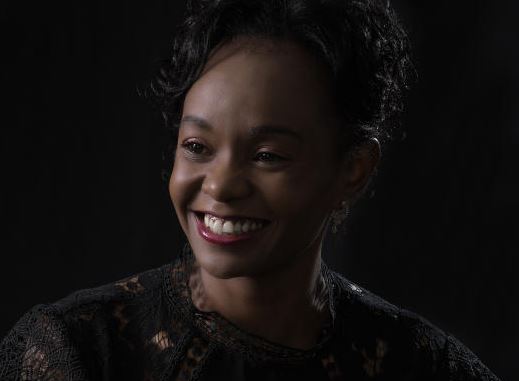×
The Standard e-Paper
Stay Informed, Even Offline

How have companies and people in the private sector coped with the pandemic? We talked to CAROLE KARUGA (pictured), CEO of the Kenya Private Sector Alliance, to find out.